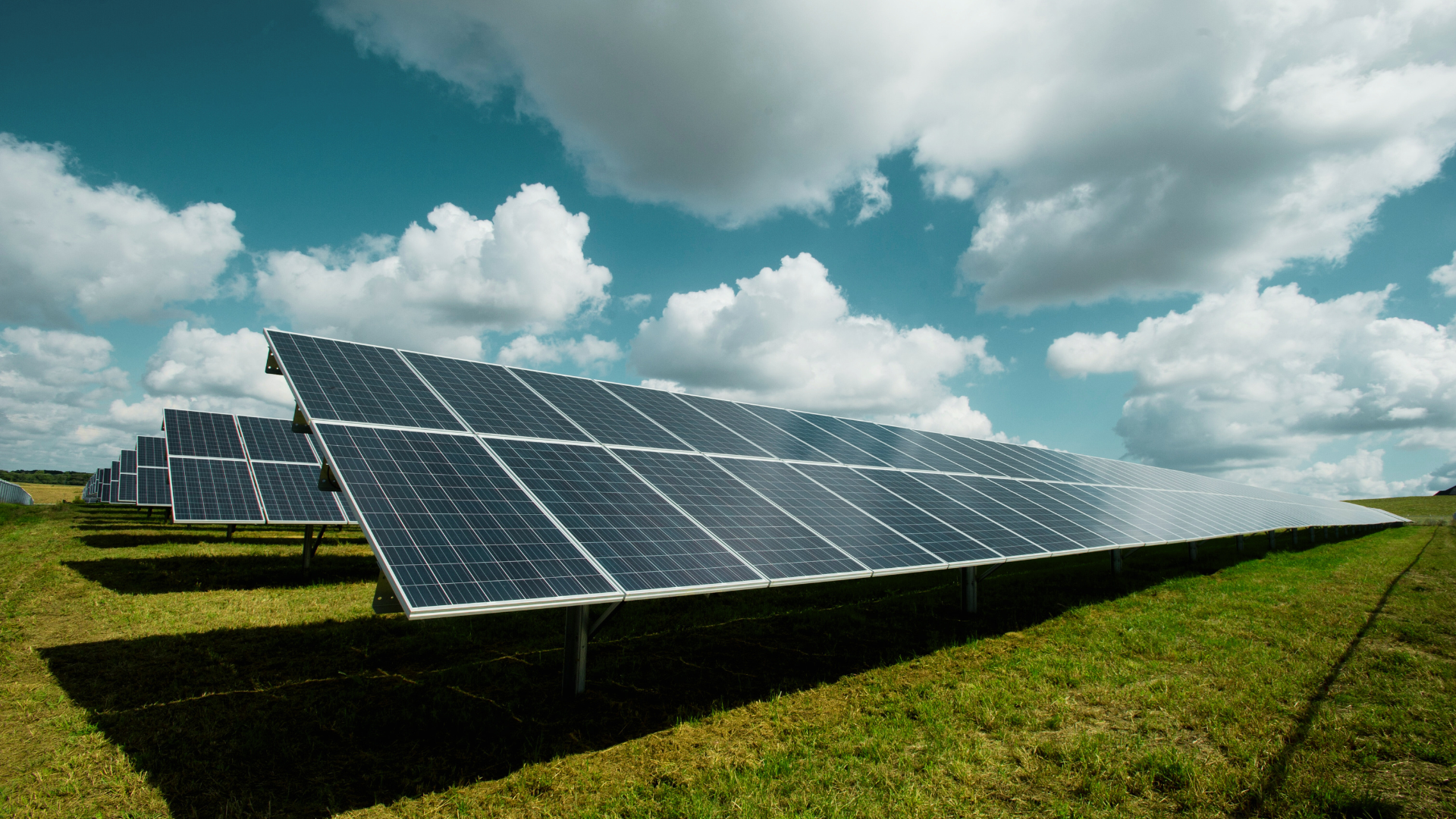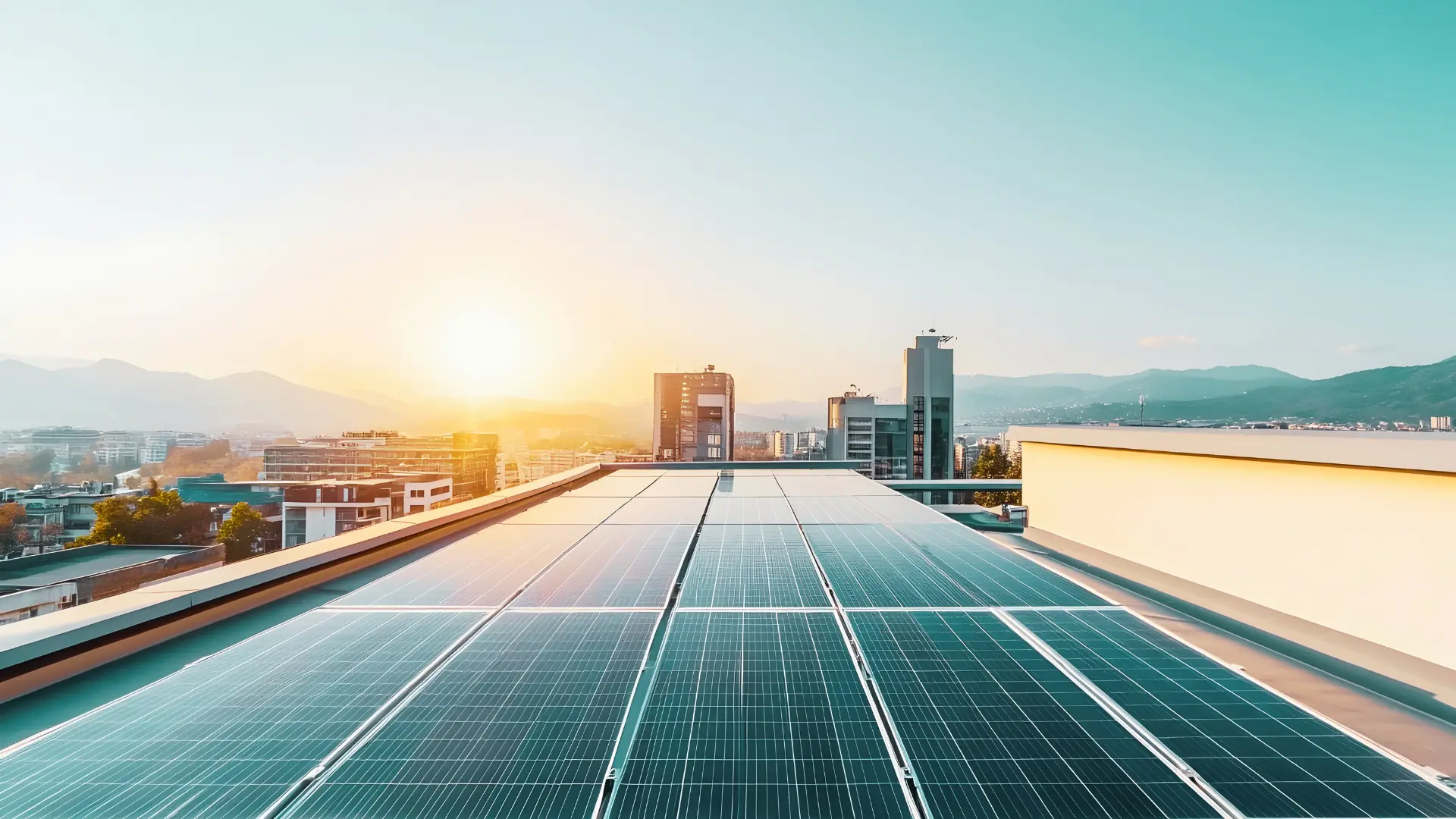Switching to solar energy is an attractive option for homeowners in India, offering long-term savings, lower energy costs, and environmental benefits by reducing carbon footprints. However, the initial investment for solar panel installation can be daunting. This guide simplifies the process by exploring various financing options, including solar panel loans, government subsidies, and private financing schemes.
Learn to navigate the complexities of solar financing, empowering you to make informed decisions that align with your budget and energy goals. Whether you’re new to solar energy or looking to upgrade your rooftop solar system, this resource is your key to a brighter, more sustainable future, helping many homeowners get started with solar power.
What is a Rooftop Solar Loan?
A rooftop solar loan is a financing option that allows homeowners to borrow money specifically to purchase and install solar panels on their property. Like a home or car loan, a rooftop solar loan provides the funds needed upfront, which the homeowner repays in monthly payments over a set period. This option is appealing because it enables homeowners to benefit from solar energy immediately without worrying about the high initial costs of solar panel installation in India. Homeowners benefit from immediate savings on their electricity bills while repaying the loan.
Once the loan is paid off, the rooftop solar power system continues to generate free electricity, further reducing energy costs and maximising long-term savings. Offering solar loans with flexible repayment terms and interest rates means your solar investment continues to offer savings and sustainability.
Solar loans often come with competitive interest rates and offer tailored financing plans that maximise savings through government solar panel schemes, solar subsidies, and tax benefits, making residential solar power more affordable and accessible.
Key Factors that Impact Rooftop Solar Financing
When considering rooftop solar financing, you must remember the key factors that influence the overall cost and feasibility of rooftop solar projects. The size and efficiency of a solar panel system, for instance, directly influence the initial investment and potential savings. Government incentives, including solar panel subsidies and schemes from the Government of India, like the PM Surya Ghar Yojana, can significantly reduce upfront installation costs, making the rooftop solar project more affordable for homes and businesses. Additionally, rooftop solar loan interest rates, the availability of easy solar financing options, and flexible payment terms impact the long-term affordability of using solar energy.
Installation and maintenance costs, calculated with the expected lifespan of the system, also contribute to the financial equation. Understanding these factors is essential for making a well-informed decision on rooftop solar financing, including solar panel schemes.
Solar Financing Options in India
From NBFC or bank loans and government incentives to lease and power purchase agreements, various options make solar energy, including solar rooftop installations, more accessible and affordable. Banks and other financial institutions offer solar panel loans with flexible terms, while state and central government schemes provide solar panel subsidies and incentives to reduce installation costs. Additionally, leasing models allow homeowners to get a solar panel system with minimal upfront investment, paying monthly fees instead. With a range of financing solutions available, adopting residential solar power is within reach for more and more Indian households.
Government Incentives for Homeowners to Go Solar
The Indian government offers various incentives to encourage homeowners to use solar energy, making it more affordable and appealing. Key incentives include solar panel subsidies, where homeowners can receive a significant subsidy on the total installation cost, significantly reducing the upfront investment. The government also provides tax benefits, such as accelerated depreciation, allowing homeowners to recover part of their investment faster. Net metering policies enable homeowners to earn credits for excess energy produced and sent back to the grid, further lowering electricity bills. These incentives aim to promote the adoption of clean energy, helping homeowners reduce their carbon footprint and save money while contributing to a greener future.
Financing Your Rooftop Solar Power Project
Electronica Finance Limited (EFL) offers tailored financial solutions to make solar panel installation affordable and accessible for homeowners and businesses. EFL provides flexible loans with easy repayment options, helping you spread the cost of your solar investment over time, including options to apply for a solar panel loan with quick approval. With competitive interest rates, EFL simplifies the financing process, allowing you to switch to solar energy without the burden of high upfront costs. Our expert guidance ensures you understand the financing terms and benefits, making your transition to clean, renewable energy smooth and hassle-free. Power your home sustainably and economically with financing plans that offer solar loans specifically designed for homeowners.
FAQs
What is the solar subsidy in India in 2024?
As per the PM Surya Ghar Yojana 2024, the subsidy structure is divided as per the capacity of the rooftop solar power plant:
- 1-2 kW – ₹30,000-60,000
- 2-3kW – ₹60,000-78,000
- Above 3kW – ₹78,000
Who is eligible for PM Surya Ghar Yojana?
Eligibility for the PM Surya Ghar Yojana includes Indian citizens residing in houses with a roof. The applicants must have a valid PAN card and an electricity connection and should not have availed any other rooftop solar subsidies.


